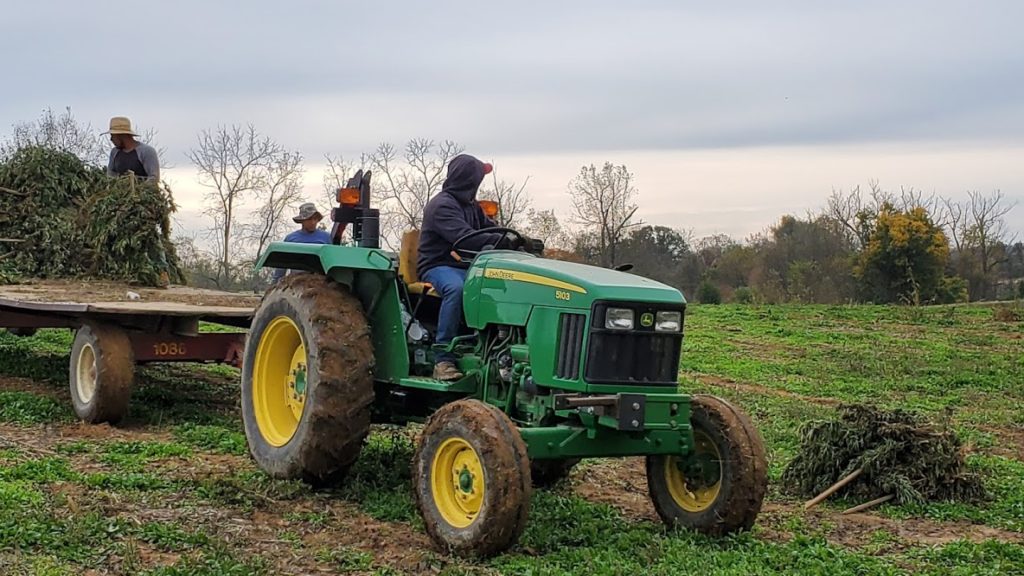
Kentucky plans to extend the state’s hemp pilot program for the 2020 growing season, effectively withdrawing its application to get federal approval for its regulations to grow the plant.
Agriculture Commissioner Ryan Quarles said Tuesday the state will use this year to transition the hemp program from pilot research to commercial production while continuing discussions with farmers and the U.S. Department of Agriculture (USDA) about the proposed federal regulatory framework for industrial hemp.
The decision comes one week after the Kentucky Hemp Industries Association urged Quarles to keep the research program, citing concerns about the proposed federal rules.
“The industry has changed dramatically, but the national hemp marketplace is experiencing some real challenges,” Quarles said in a statement.
Kentucky was the first state to submit its hemp production plan to the USDA – one day after President Donald Trump signed the 2018 Farm Bill into law.
But the USDA identified Kentucky as one of six states that needed to revise and resubmit their hemp production plans.
A leading hemp producer with 58,000 licensed acres outdoors, 6 million square feet of licensed indoor square footage and 1,047 licensed farmers in 2019, Kentucky farmers have “learned a lot” since they began growing the crop, said U.S. Sen. Mitch McConnell, a Republican from Kentucky.
“By maintaining the pilot program for another growing season, Commissioner Quarles is protecting Kentucky’s farmers, processors and manufacturers” while awaiting final USDA rules, McConnell said in a statement.
Kentucky joins six other states – Arkansas, Maine, Minnesota, Missouri, New Mexico and Wisconsin – that have opted to continue operating as pilot programs until that option ends in October 2020.
Kentucky will accept applications for hemp production licenses through March 25, while processor applications will be accepted year-round.
State officials plan to submit comments to USDA about the interim final rule before the Jan. 29 deadline.


